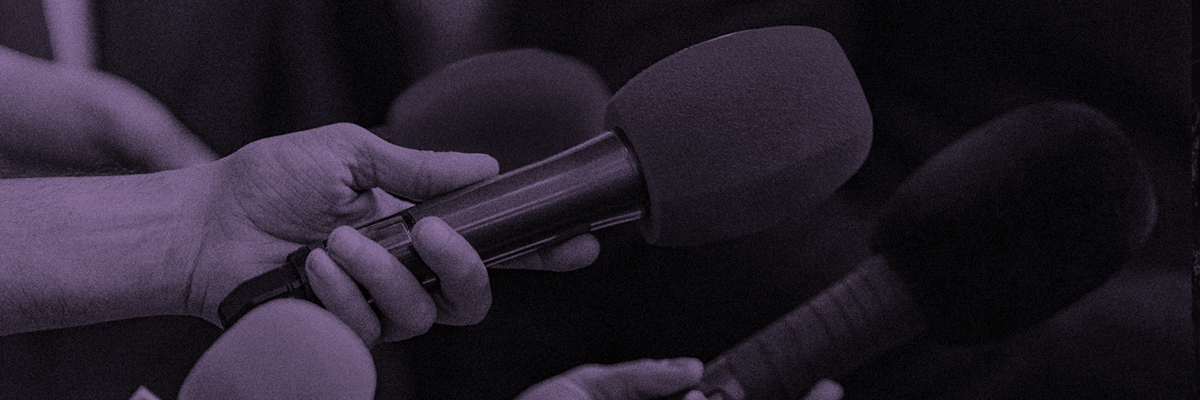Stay safe in your home
Consumer champion, the Electrical Safety Council, is warning the public to be more vigilant about the state of electrics in their homes. The new research, commissioned by the Electrical Safety Council, suggests that there is widespread ignorance about how safe our electrics are and who should be carrying out electrical work in the home.
Over 30% of the population do not know or have never had their electrics checked and a quarter (25%) have had an electric shock in the home. When it comes to doing electrical work, 47% of people would have a go at doing it themselves. The Electrical Safety Council urge consumers to use a registered electrical contractor for all work in the home.
Phil Buckle, director of the Electrical Safety Council said: “Electricity is an integral part of our lives, but it can kill. At least 30 deaths and many thousands of accidents are caused by unsafe electrics every year. The vast majority of us know that faulty electrics can lead to fires and injury, but we are advising people not to wait for a problem with their electrics before doing anything about it.
“Our research shows that only 35% of people would use a registered electrical contractor to carry out work in their home and of the 39% of people who have had electrical work carried out in their homes in the last two years, only 48% ensured that they got the certification to prove that it is safe. Clearly there is a great deal of work to be done in educating consumers and improving their safety.” continues Phil Buckle.
Top electrical safety tips
- Check the date of your home’s last electrical inspection. If it has been over 10 years, it’s best to get a new inspection done by a registered electrical contractor.
- Look at the condition of your plugs, sockets and flexes. Damaged plugs, sockets and flexible cables can cause electric shocks, burns and fire. Check plugs and sockets for burn marks, cracking sounds, circuit breakers tripping or excessive heat.
- Replace damaged cables without delay. Touching exposed live conductors can result in an electric shock or even death.
- Never drill holes or fix nails in walls without knowing what is hidden behind them. Penetrating a live cable is extremely dangerous and could cause electric shocks, burns and fire.
- Hire a registered electrical contractor to install extra sockets rather than overload adaptors and extension cords.
- Use a Residual Current Device (RCD) protected socket when using electrical equipment outside.
For further information contact media@electricalsafetyfirst.org.uk
